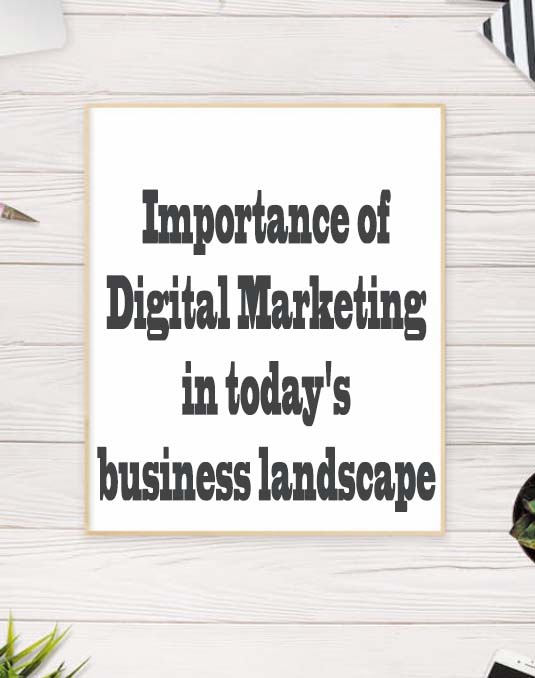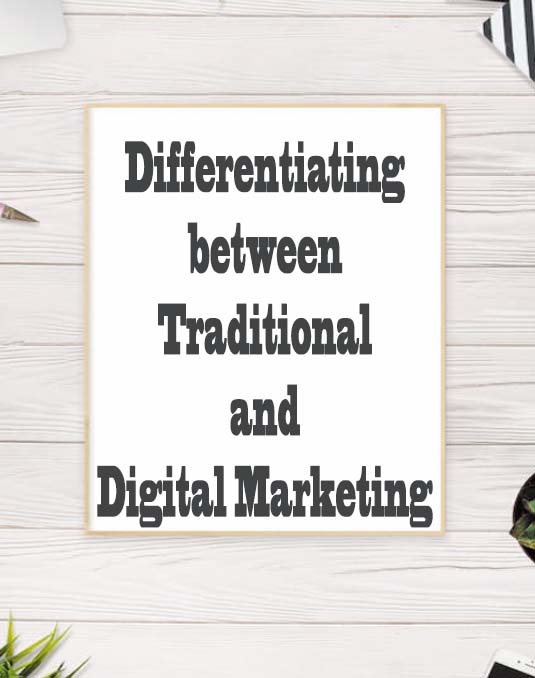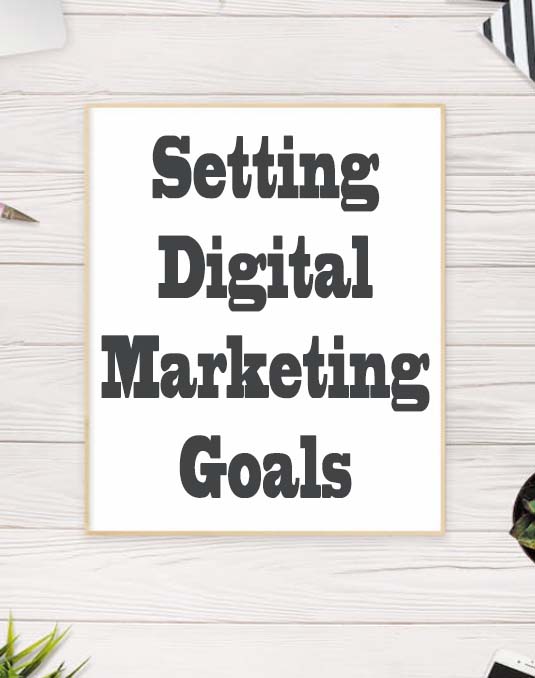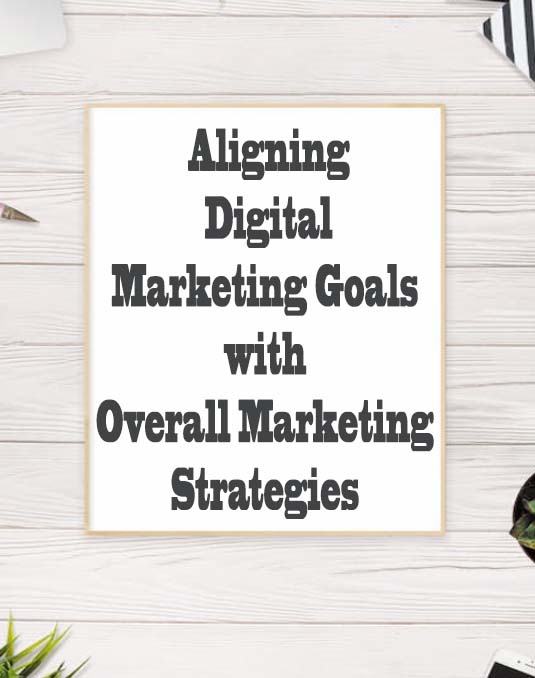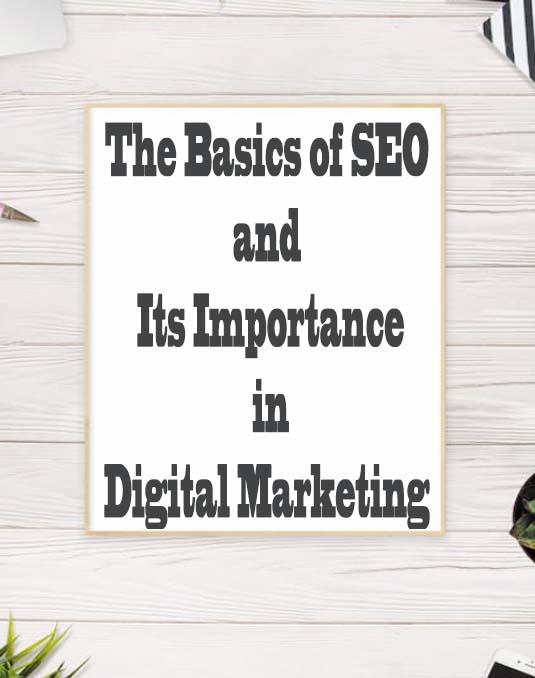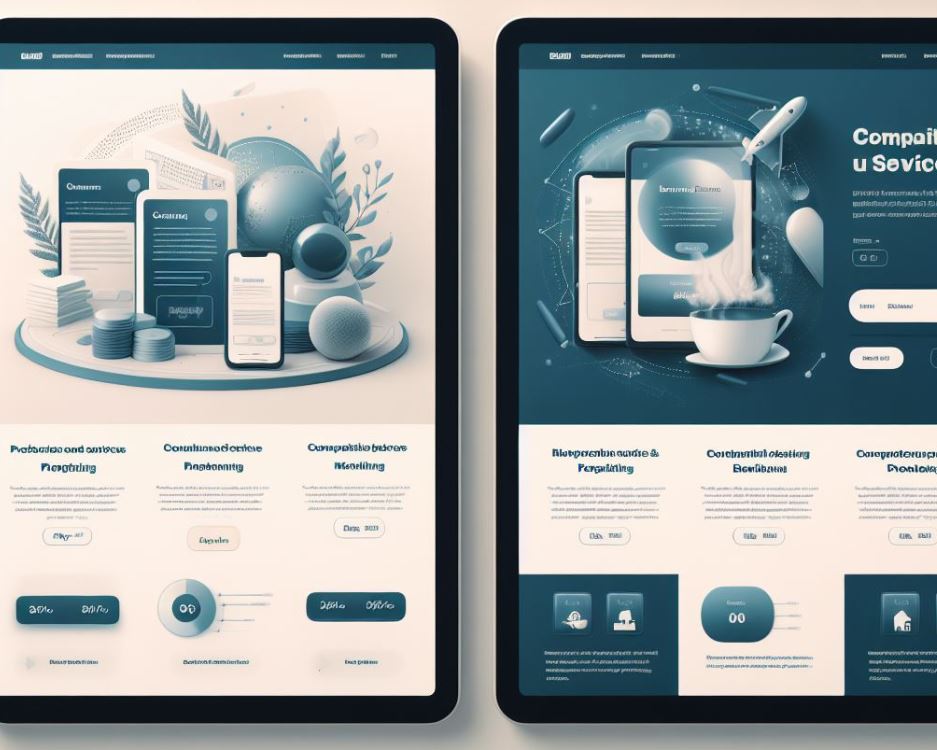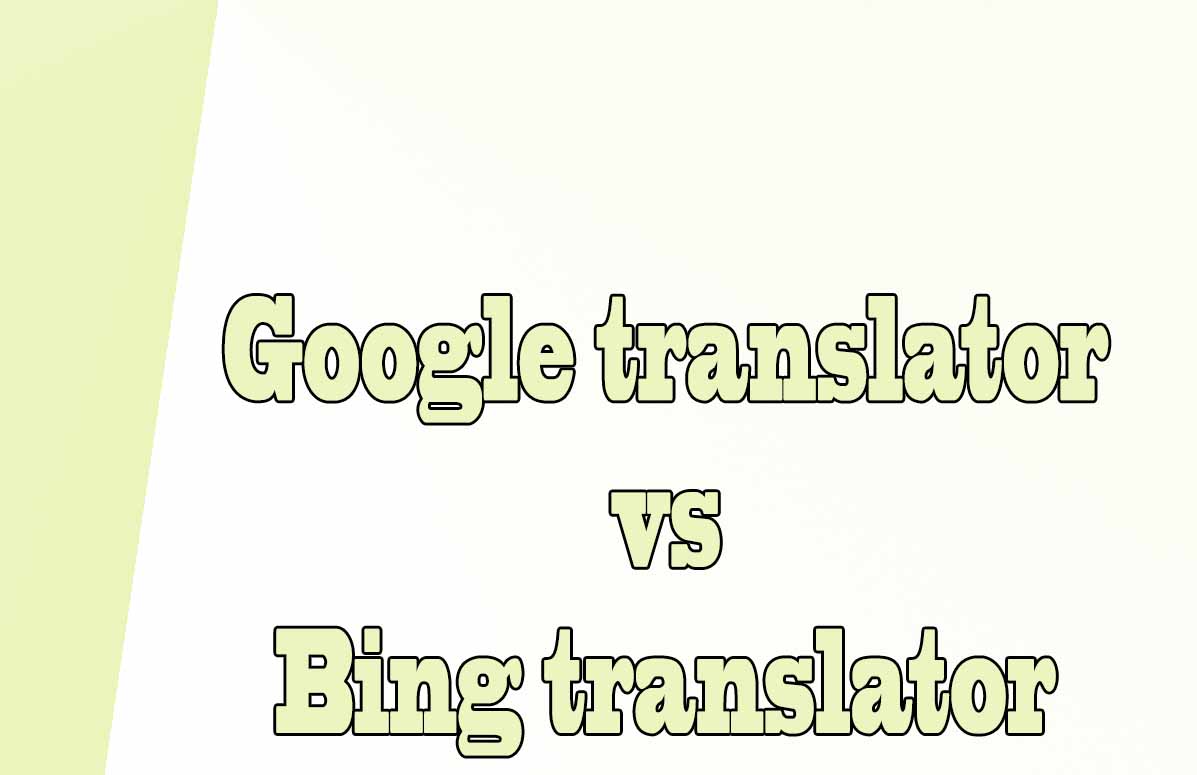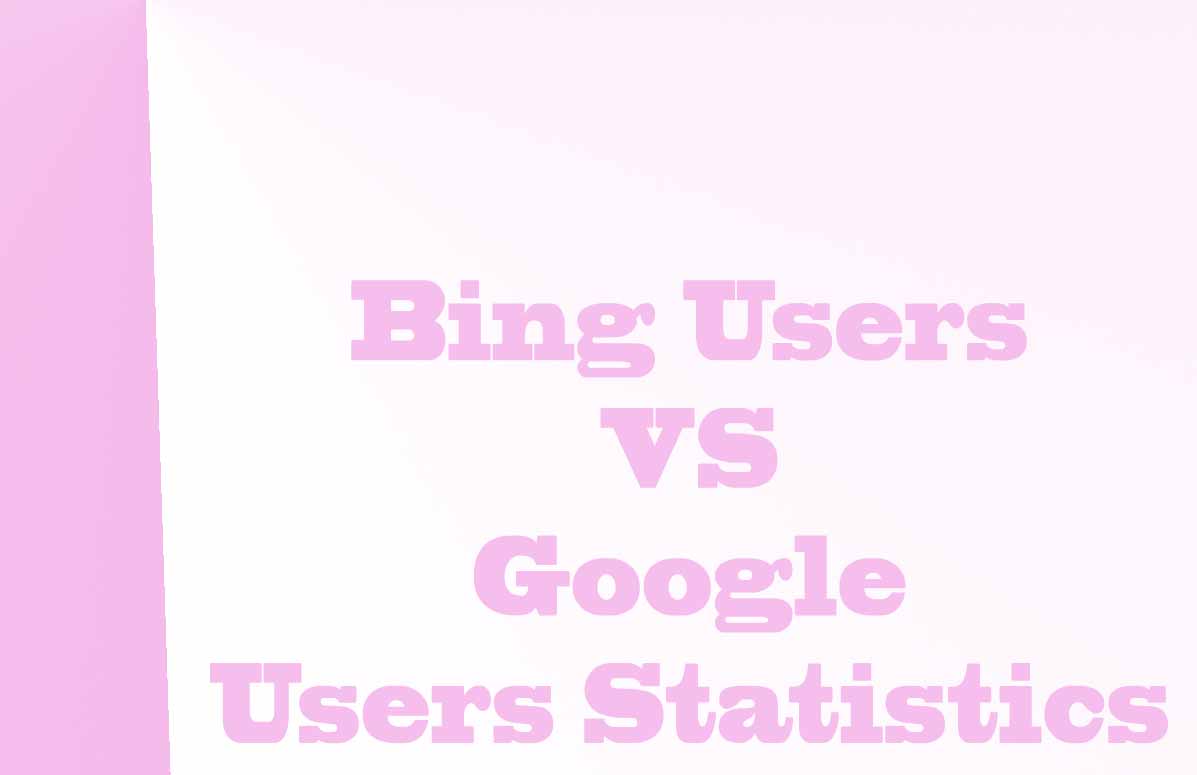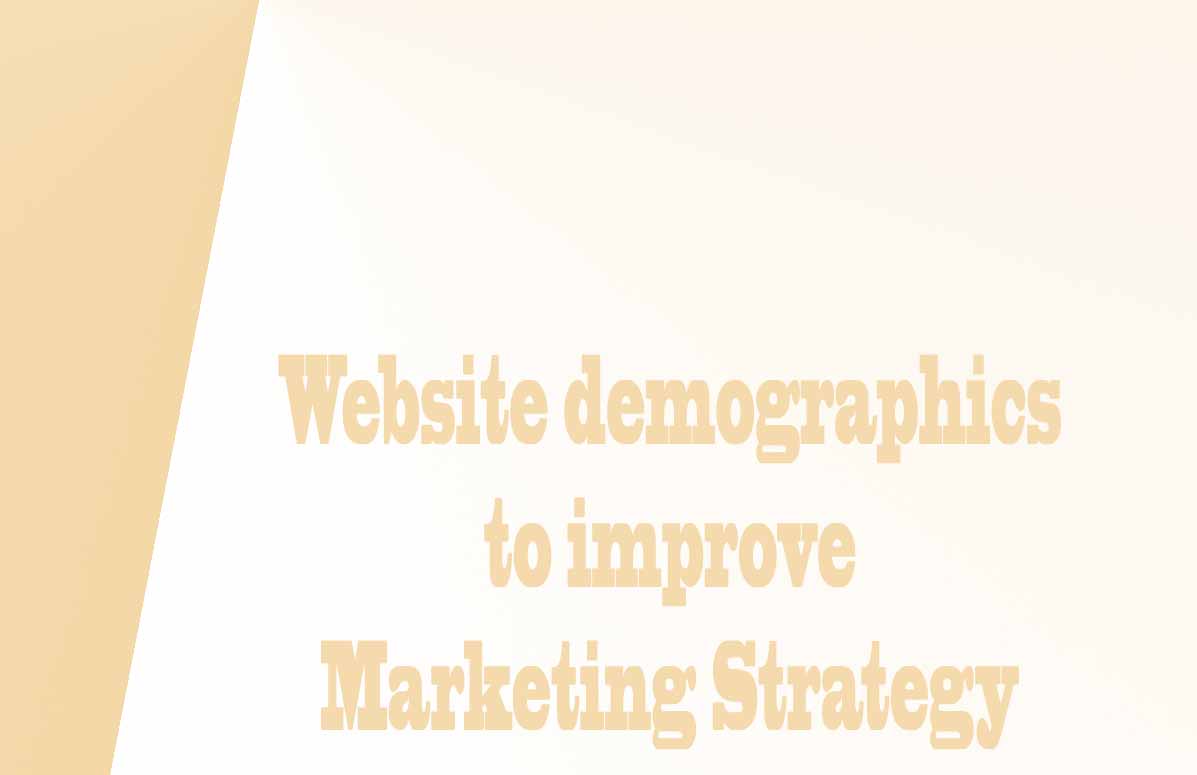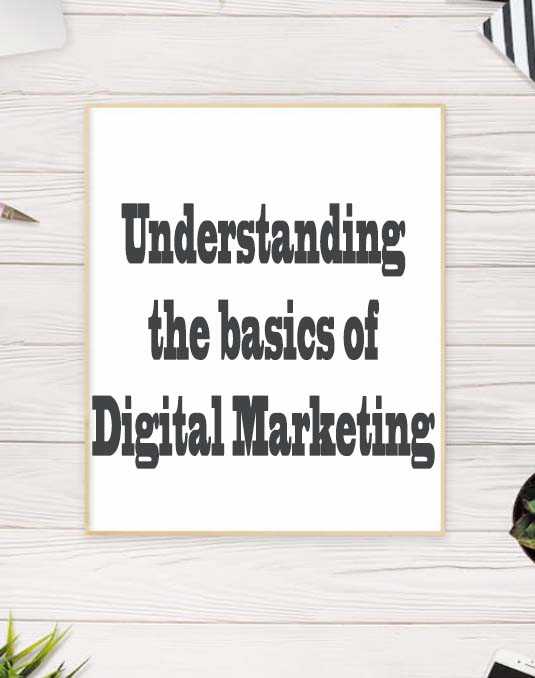
Introduction to Digital Marketing
In today's age, marketing has undergone significant transformation. With the rise of the internet and various online platforms, businesses have had to adapt their marketing strategies to reach and engage with their target audience effectively.
This shift has given birth to digital marketing, a dynamic and ever-evolving field that encompasses a wide range of tactics and channels to promote products and services online.
What is Digital Marketing?
Digital marketing refers to the use of digital channels like search engines, social media platforms, email marketing, websites, and mobile applications to promote brands, products, or services. Unlike traditional marketing methods, such as print ads or TV commercials, digital marketing allows businesses to target their audience directly and measure the effectiveness of their campaigns in real-time.
The Basics of Digital Marketing
- Search Engine Optimization (SEO).
- Pay-per-click Advertising (PPC).
- Social Media Marketing.
- Content Marketing.
- Email Marketing
- Website Design and Optimization
Search Engine Optimization (SEO)
SEO is the process of optimizing a website to rank higher in search engine results pages (SERPs). When users search for relevant keywords, businesses want their website to appear at the top of the search results. By incorporating relevant keywords, creating valuable content, and optimizing website structure, businesses can improve their organic (non-paid) search engine visibility.
Pay-per-click Advertising (PPC)
PPC advertising allows businesses to display ads on various online platforms and pay only when users click on their ads. Common PPC platforms include Google Ads and social media advertising on platforms like Facebook, Instagram, and Twitter. PPC campaigns require careful keyword selection, ad design, and bid management to maximize the return on investment.
Social Media Marketing
With billions of active users, social media platforms are a crucial part of digital marketing.
Businesses can create profiles and engage with their target audience on platforms like Facebook, Instagram, Twitter, LinkedIn, and more. Social media marketing involves creating compelling content, running ads, and fostering community engagement to build brand awareness and drive conversions.
Content Marketing
Content marketing involves creating and sharing valuable and relevant content to attract and retain a target audience. This can include blog posts, videos, infographics, e-books, podcasts, and more. By providing informative and engaging content, businesses can establish themselves as industry experts, generate leads, and build trust with their audience.
Email Marketing
Email marketing is an effective strategy for nurturing leads and turning them into customers. It involves sending targeted emails to a segmented audience to promote products, share news, or provide exclusive offers.
Email marketing tools help businesses automate their campaigns, track open rates, click-through rates, and measure conversions.
Website Design and Optimization
A well-designed and user-friendly website is essential for successful digital marketing. A website should be visually appealing, easy to navigate, and mobile-responsive.
Optimizing website load times, incorporating relevant keywords, and creating engaging landing pages can greatly enhance user experience and drive conversions.
Conclusion
Digital marketing has become a crucial component in any successful marketing strategy. Understanding the basics of various digital marketing tactics can help businesses optimize their online presence, increase brand awareness, engage with their target audience, and drive conversions.
As the digital landscape continues to evolve, it's important for businesses to stay updated with the latest trends and techniques in order to stay competitive in the online marketplace.
Tips on SEO and Online Business
Next Articles
Previous Articles
